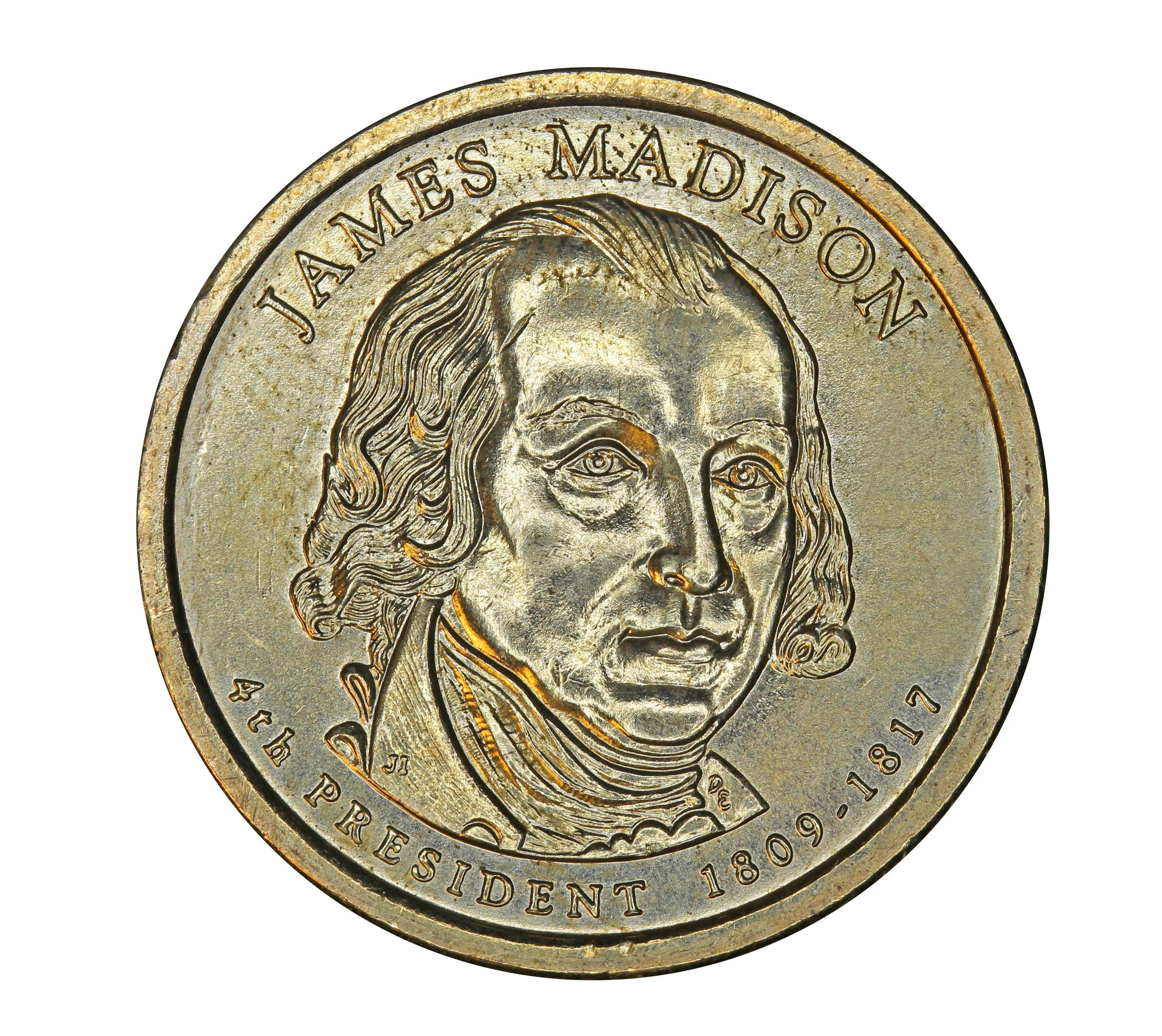In October’s issue of The Atlantic dedicated to the existential crisis facing democracy worldwide, Jeffrey Rosen writes that we are living in a modern version of Founding Father James Madison’s nightmare.
Cover of The Atlantic’s October 2018 issue.
Madison, like many of the Constitution’s Framers, fretted over the bloody fate of long-collapsed democracies that, in Rosen’s words, “had succumbed to rule by demagogues and mobs.” Madison’s worry was that, with no buffer between the People and decision-making power, the tendency of passion, rather than reason, to rule in a crowd would send America down the same path, allowing “hastily formed majorities to oppress minorities.”
Madison’s realization in Federalist 10 was that America would be less susceptible to this fate, partly due to its very size and population slowing the spread of information and partly due to its representative form of government.
Social media, Rosen argues, swept all that away. Now, information travels as fast as a Tweet from New York to Los Angeles.
But the political divisiveness on social media is nothing new: in the late 1700’s before the Constitutional Convention, it just appeared in newspapers. Modern social media has the power to connect us instantly, but also equal power to divide and make rational public decision-making impossible. Ultimately, Rosen argues, this is a threat to our democracy.
This is Madison’s nightmare, but social media isn't the only threat to our democracy that dangerously shrinks the sphere.
Like social media, so too does our presidential selection system pose a threat to democracy. By cutting out 4 of every 5 people living in America from the decision, presidential elections shrink the “sphere” (to use Madison’s coinage) of public debate to only a few thousand swing voters in a few states. Alone, this allows short-term gratification to rule the fate of the rest of the country. But combined with social media, the problem is even worse, with information warfare waged by foreign and domestic bad actors distorting public decision-making even further.
Just as the framers wisely incorporated safeguards like tricameral government into the Constitution as a check against the “passions” all too often unleashed in politics, we too must safeguard democracy. A good start is implementing a national popular vote for president so that every vote, everywhere, has the power to tip the balance. We know our current system creates and exacerbates polarization and partisanship. Let’s take after our Founders, widen the sphere of public debate, and protect democracy for the next generation.


